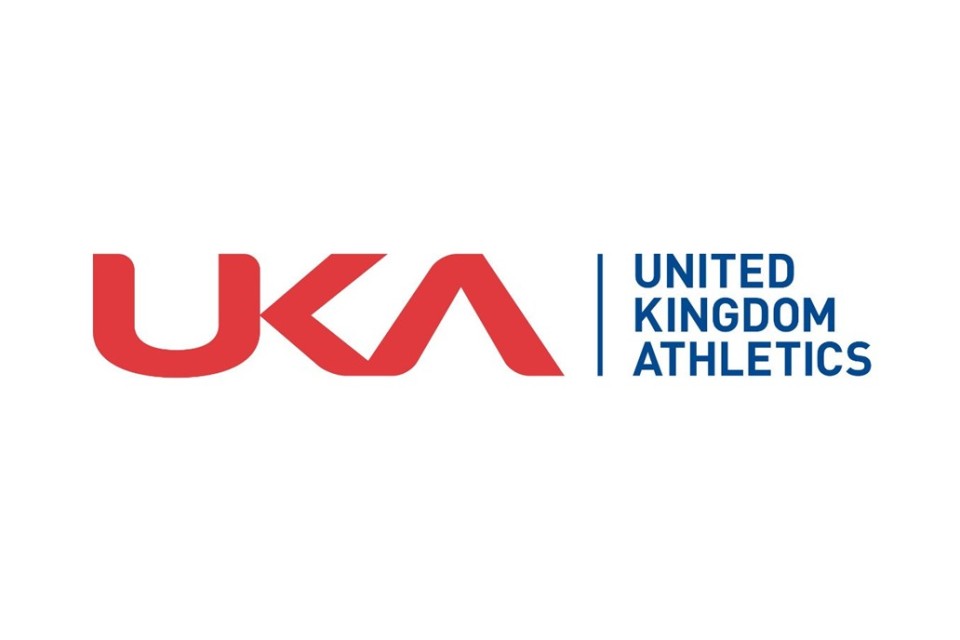Fri, March 17, 2023
Study finds footballers 50% more likely to develop dementia

A Swedish study has found that footballers are 50% more likely than the general public to develop dementia.
The study was conducted by researchers at the Karolinska Institutet and compared the health records of 6000 elite footballers with over 56000 of non-footballers and found that among male footballers playing in the Swedish top division, 9% were diagnosed with neurodegenerative disease, compared with 6% of the non-footballers.
The study also found that goalkeepers were no more likely than the general public to develop dementia as they typically do not head the ball as frequently as outfield players do. Peter Ueda, assistant professor at Karolinska Institutet and co-author of the study, said: “Importantly, our findings suggest that goalkeepers don’t have the same increased risk of neurodegenerative disease as outfield players. Goalkeepers rarely head the ball, unlike outfield players, but are exposed to similar environments and lifestyles during their football careers and perhaps also after retirement.”
The study follows previous research which has shown professional footballers were 3.5 times more likely than the general public to develop dementia and other serious neurological diseases. In response to this the FA have been trialling banning heading completely for all players under-12.
Dr Richard Oakley, associate director of research at Alzheimer’s Society, said: “We now urgently need more answers to determine what lies behind this link – why dementia would start to form, how the type of injury, frequency and age at which head injuries occur may influence risk, and how we can accurately predict who is likely to go on to develop dementia after a traumatic brain injury. Sporting bodies need this clarity so they can put in place appropriate measures to protect players.”



